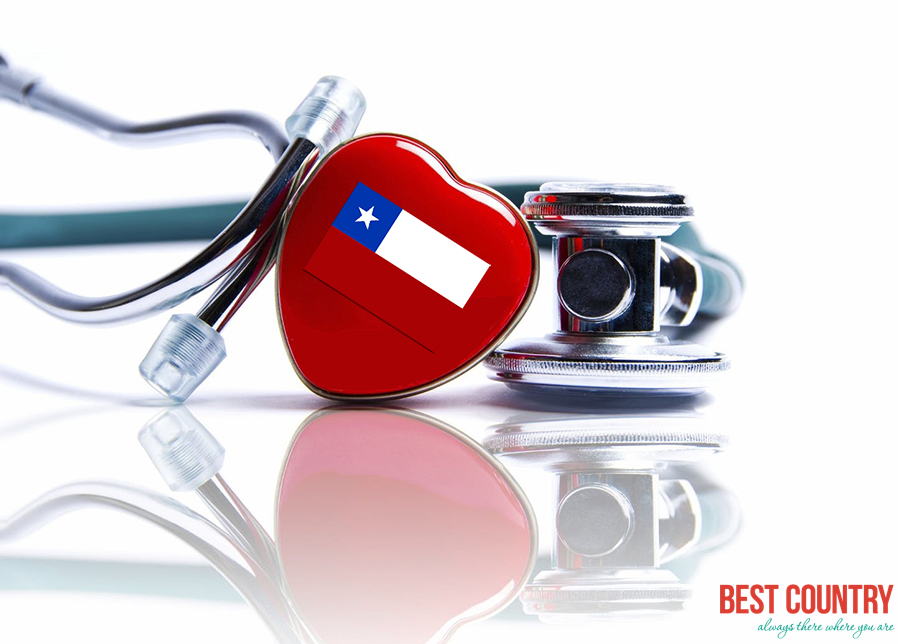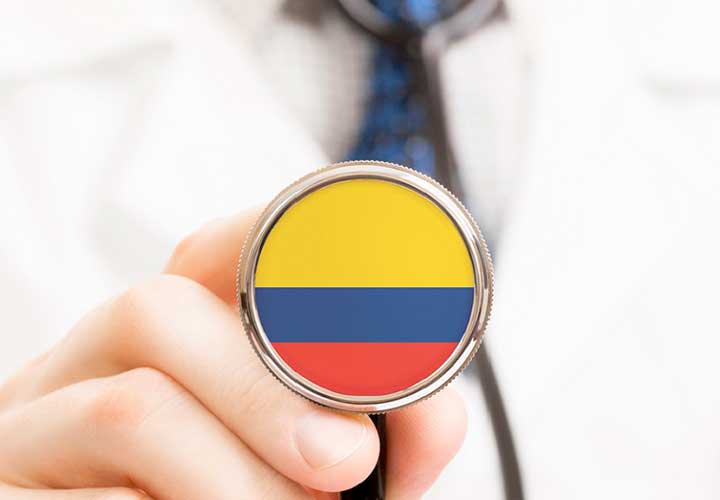Medicine in the different countries
Healthcare in Hong Kong
Generally speaking, Hong Kong’s healthcare is quite good and the standards are comparable to some major European cities.
Health in Burundi
Following independence, the World Health Organization (WHO) assisted in the organization of public health services and the training of sanitarians and public health nurses for Burundi. Students from Burundi received medical training at universities in France and in the Democratic Republic of the Congo.
Healthcare in Ecuador
Healthcare throughout Ecuador is of a very high standard. Many Doctors and Specialists speak English and treat you so well you could be forgiven for thinking you are living back in the 1950's. Generally a Doctors visit may set you back $20. They even make house calls when necessary. Specialist fees are around $30-$40.
Burkina Faso Health Care and Vaccinations
Health insurance is strongly recommended.
Health in Botswana
The Ministry of Health in Botswana is responsible for overseeing the quality and distribution of healthcare throughout the country. Life expectancy at birth was 55 in 2009 according to the World Bank, having previously fallen from a peak of 64.1 in 1990 to a low of 49 in 2002.
Health and safety in Guadeloupe
Dangers and annoyances Bilharzia (schistosomiasis) is found throughout Grande-Terre and in much of Basse-Terre, including Grand etang lake. The main method of prevention is to avoid swimming or wading in fresh water.There have been recent outbreaks of dengue fever, aka breakbone fever because of the joint and muscle pain it inflicts. It’s potentially fatal. Health professionals advise using insect repellent containing DEET or Picaridin on exposed skin. Dengue outbreaks tend to occur wherever there’s standing water – more frequent in cities than in the countryside.
Healthcare in Chile
Healthcare protection in Chile is provided by the government (via Fonasa) and by private insurers (via Isapre).All workers and pensioners are mandated to pay 7% of income for health insurance (the poorest pensioners are exempt from this payment). Workers choosing not to join an Isapre are covered by Fonasa.
Healthcare in French Guiana
France is responsible for general public health, but the competencies specifically pertaining to health are divided between the State level and the local administrative units, which draw up and implement local health policies, undertake health surveillance, and participate in policy development for public and private hospitals, human resources development, and the organisation of networks of health professionals.
Falkland Island Healthcare
The Falkland Islands Government Health and Social Services Department provides medical and dental care for the islands. The general standard of health within the Falkland Islands is good.
Health in Benin
In 2004, total health care expenditure was estimated at 3.3% of GDP. In Benin, most serious epidemic diseases have been brought under control by mobile health units and other facilities. The government of Benin has set goals of expanding its health care system, upgrading the quality of first referral care, promoting private sector care, and improving public sector care.
Healthcare in Peru
Most private hospitals in Peru have good medical facilities with highly trained doctors and nurses.
Healthcare in Colombia
Health care in Colombia refers to the prevention, treatment, and management of illness and the preservation of mental and physical well being through the services offered by the medical, nursing, and allied health professions in the Republic of Colombia.
Healthcare in Guyana
The delivery of health services is provided at five different levels in the public sector:
Healthcare in Georgia
Average life expectancy for Georgians is 74.2, which lies just below the European average of about 75 years. Interestingly, the average life expectancy in former-Soviet Russia lies drastically below Georgia's at about 66 years.The life expectancy in Georgia is 69.3 for males, and 79.0 for females.













